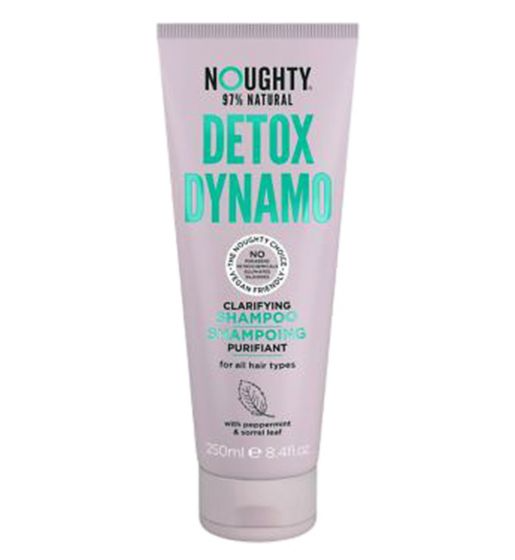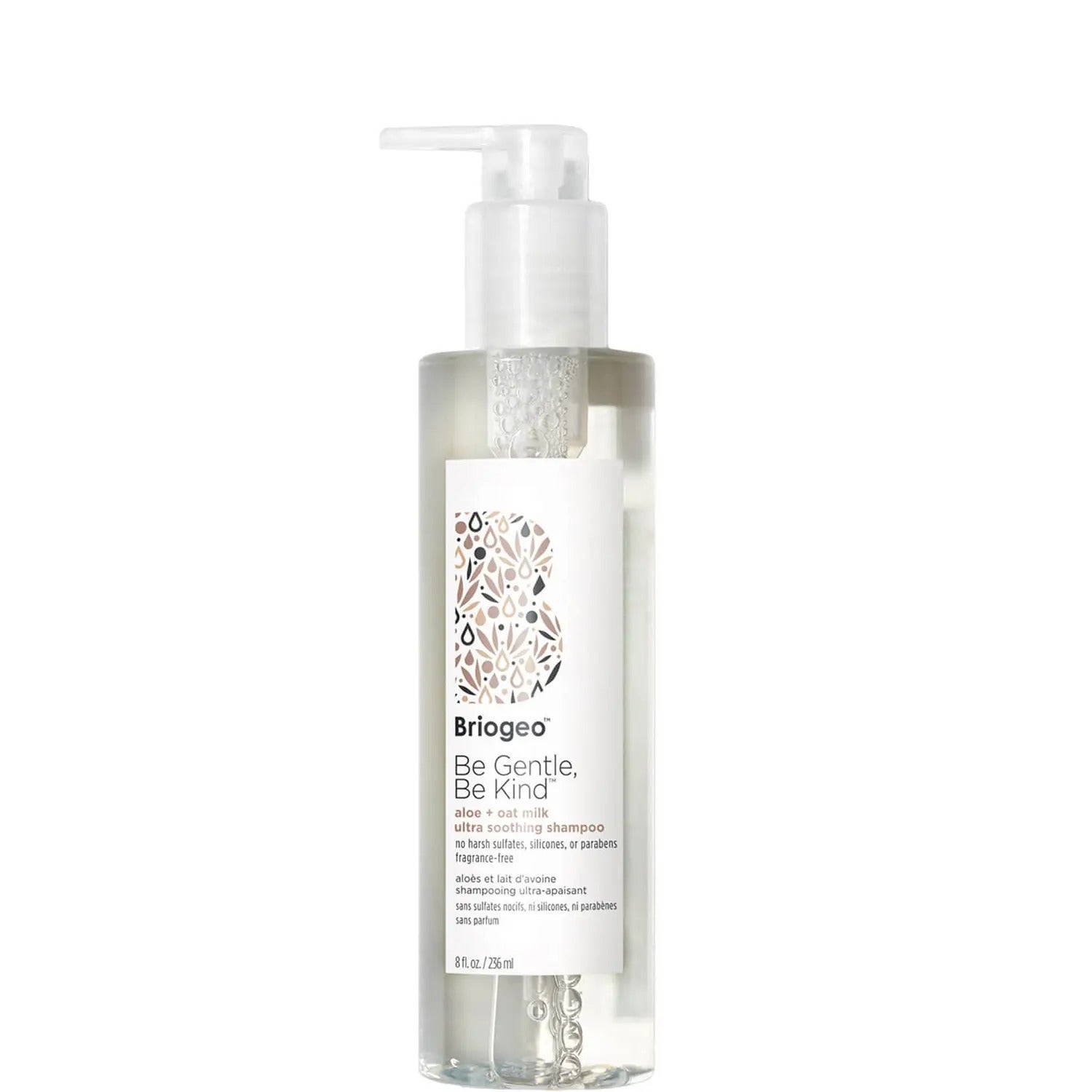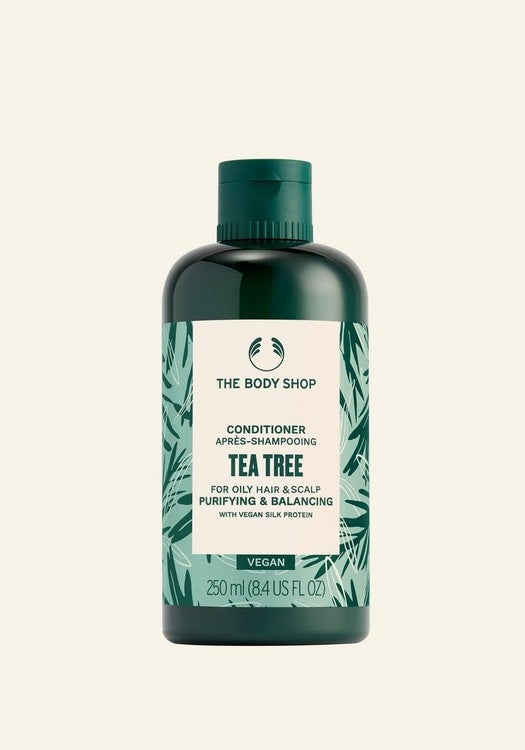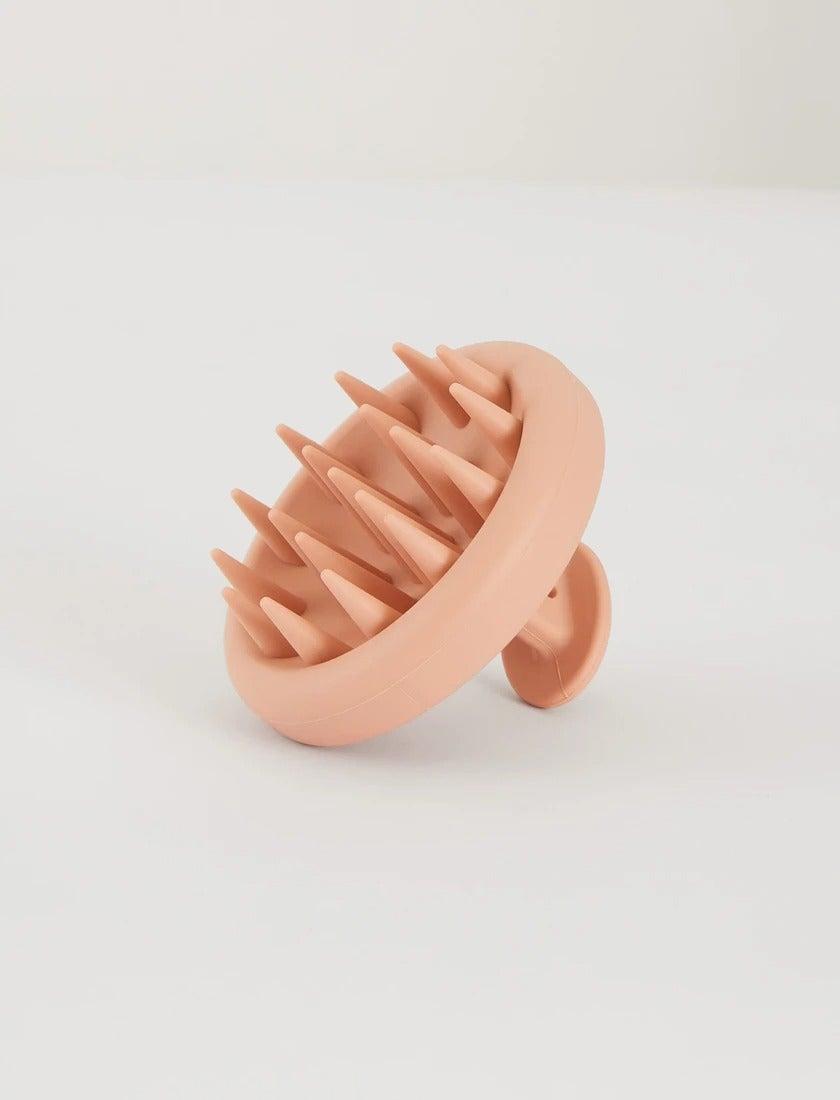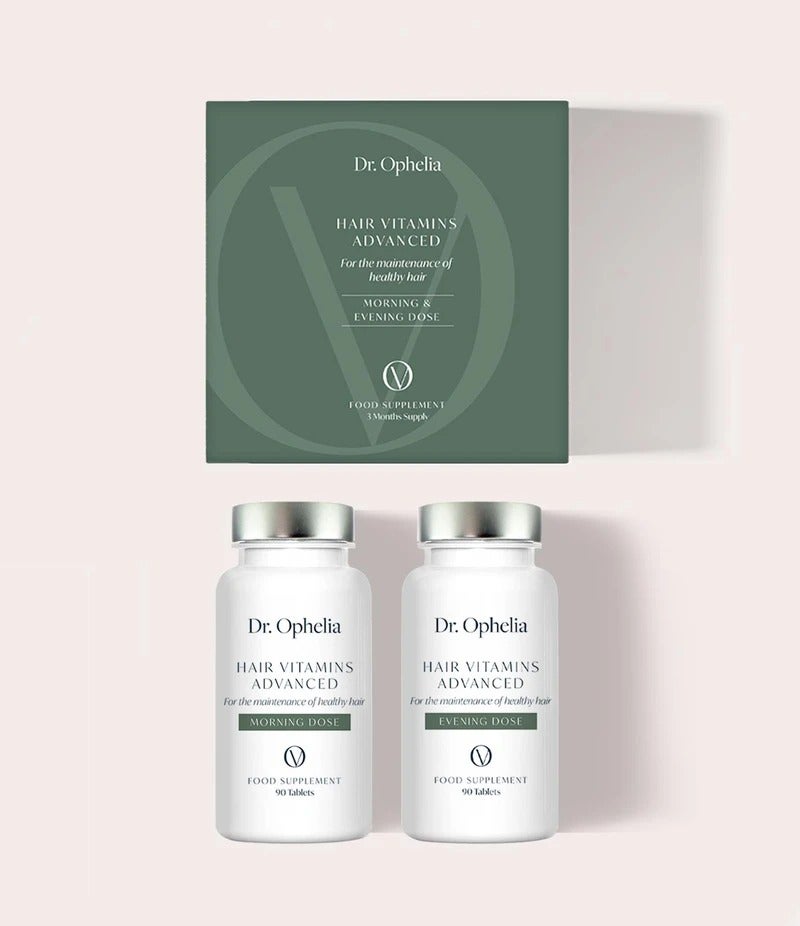Period Hair Is Real. Tackle The Grease With These 5 Expert Tips
Photo by Hayleigh Longman.
At Refinery29 Australia, we’re here to help you navigate this overwhelming world of stuff. All of our picks are independently selected and curated by the editorial team, but we may earn commission or other compensation from the links on this page.
For people who menstruate, the surge of hormones leading up to and during a period can really take a toll. Besides irritating symptoms, such as backache, painful cramps and insomnia, there are the more obvious ones like acne breakouts. It makes total sense. The result of excess sebum (or oil) production during this point in your cycle, pores tend to become more clogged, leading to blackheads, whiteheads and those sore, under-the-skin boils (ouch). It isn't just skin that can fall victim to fluctuating hormones. Your hair can, too.
AdvertisementADVERTISEMENT
What causes excessively greasy hair on your period?
If you find that your lengths are increasingly greasy or you struggle to achieve the satisfying squeaky clean feel post-shower — especially around this time of the month — you're not alone. "The skin on our scalp and face both have sebaceous glands at the base of the hair follicles that produce an oily, waxy liquid that lubricates and provides a barrier of protection to our skin and hair," explains leading consultant dermatologist Dr Ophelia Veraitch. "We know from studies that the cells which make up the oil glands are extremely sensitive to circulating hormones. This is why around your period it's not just your skin that can become oilier. It stands to reason that your hair is likely to become oilier, too."
Dr Ophelia adds that oil glands are actually paired with our follicles and that they have hormone receptors attached to them. Fluctuating hormone levels can affect anyone around — or during — their period but Dr Ophelia explains that some people are more prone to greasy lengths. "Sometimes, being on hormonal therapies (such as the oral contraceptive pill or hormone replacement therapies) or having a condition such as polycystic ovary syndrome can lead to an increase in oil production on the face (leading to hormonal breakouts) as well as the scalp," she says. Excess oil from the scalp then travels down the hair shaft, which explains why your lengths might look and feel greasy around this time.
How do you prevent greasy hair on your period?
AdvertisementADVERTISEMENT
"There are a number of ways that a greasy scalp and oily hair can be addressed," says Dr Ophelia. "Haircare-wise I'd suggest not washing the hair more than two to three times a week maximum." While the fresh, clean feel is tempting, frequent washing could have the opposite effect. "It's a bit like when you wash your face too much," says Dr Ophelia. "The skin becomes tight and dry before retaliating by producing excessive amounts of oil to overcompensate. It's the same principle with hair. If you wash your hair too often with stringent (or very strong) shampoos, your scalp will just start producing more oil." Considering oil production can go into overdrive during your period, it might be a good idea not to over-wash leading up to those days.
If you do wash your hair very regularly, opt for a gentle daily shampoo that won't strip your scalp entirely. R29 recommends Aveeno's Gentle Moisture Rosewater & Chamomile Shampoo, or Briogeo's Be Gentle, Be Kind Aloe + Oat Milk Shampoo, which will chip away at excess grease and product build-up. Try Noughty's Detox Dynamo Clarifying Shampoo. The conditioner you use matters, too. Choose something lightweight, such as The Body Shop's Tea Tree Purifying & Balancing Conditioner.
AdvertisementADVERTISEMENT
If you struggle with not washing your hair on a daily basis, Dr Ophelia recommends dry shampoo. "This will dry up the oil on the scalp so it helps with that uncomfortable feeling of having oily hair." Although Dr Ophelia says using dry shampoo is a great way to feel and look less oily, it isn't a treatment and won't fix the underlying cause. It's also advised to pay special attention to your scalp when washing your hair to effectively remove all traces of powder. Use your fingertips to massage in your shampoo or pick up a scalp massager. R29 rates Chãmpo's Shampoo Brush.
For general hair maintenance and health, Dr Ophelia recommends paying attention to nutrition. "I think it's worthwhile to take hair vitamins, which have been formulated to have all the right components known to help with hair (iron, zinc, selenium, B12, folate, vitamin C and vitamin D). My patients on these combinations report an improvement in the general condition and health of their hair," says Dr Ophelia.
If oily hair is getting you down and your beauty budget allows for a scalp assessment from a dermatologist, this could be a big help. "If you have a tendency for oily hair and skin, then you might benefit from having your hormonal profile checked, as well as looking at any medication (particularly hormones) you might be taking." A skin expert may prescribe an oral or topical treatment. Dr Ophelia mentions spironolactone, which targets hormones (namely testosterone) responsible for lots of oil production. This must always be prescribed by a qualified dermatologist who has assessed your condition.
Lastly, when was the last time you washed your hairbrush? If you have a TikTok account, you might've seen that beauty enthusiasts are giving their brushes a deep clean, sudsing them up in the sink, letting them soak for 20 minutes and allowing them to air-dry. In a video that has reached 1 million views and counting, TikToker @sarahbrawleyhair starts by removing as much hair from the bristles as possible before filling a sink with warm water, dispensing a touch of Tigi S-Factor Diamond Dreams Shampoo, plus a dash of disinfectant (optional), and letting the brushes sit in the water for just under half an hour. She then goes in with a clean toothbrush to dislodge product build-up, oil and dirt. The results prove that our brushes harbour quite a lot of hidden grime. Doing this regularly is unlikely to combat the root cause of greasy hair (especially if it's hormone-related) but it can prevent any excess oil coating the teeth of the brush from travelling down strands and making your hair look flat during styling.
AdvertisementADVERTISEMENT







